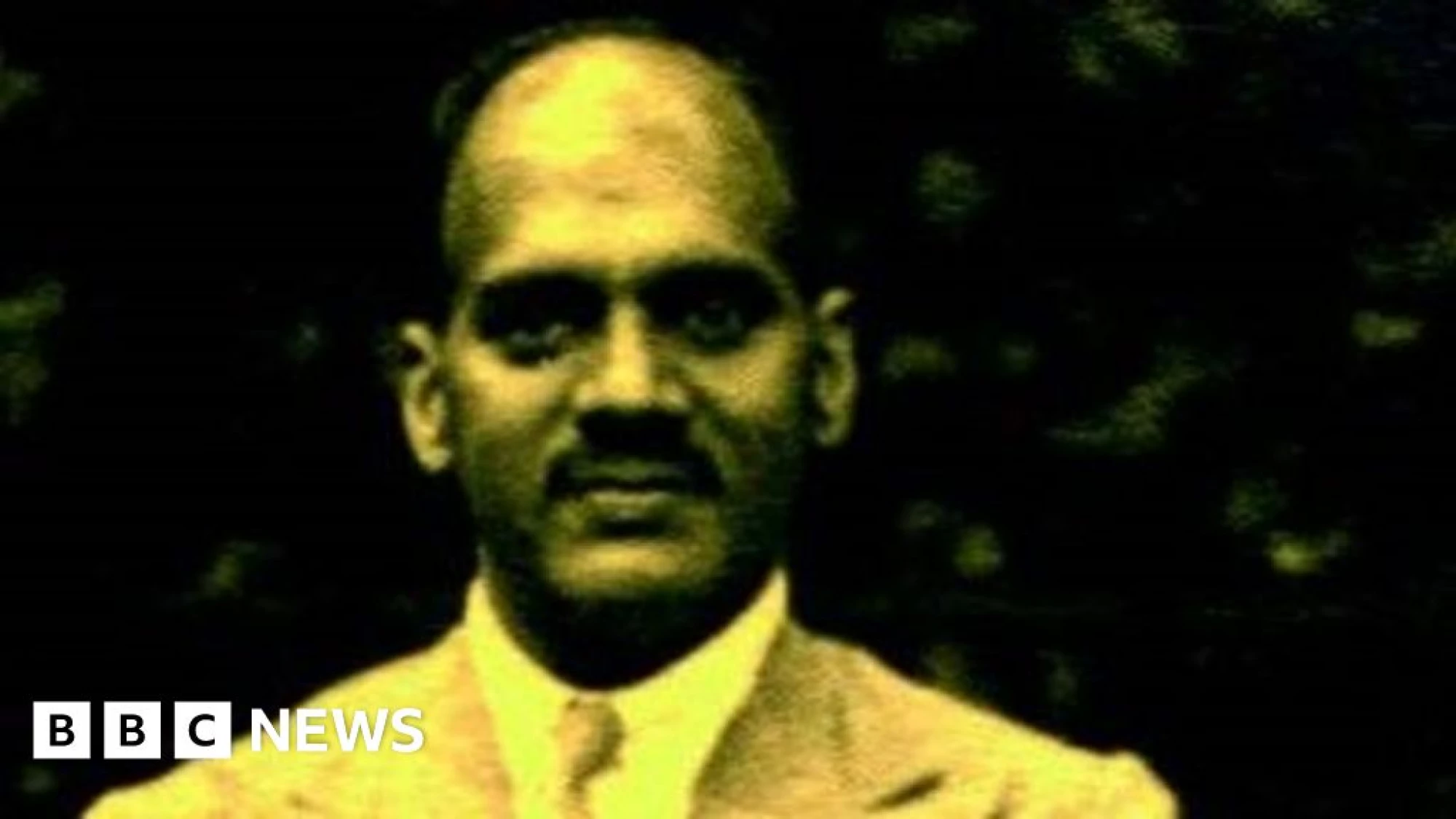When an unsung Indian helped Austrian Jews escape the Nazis

Kundanlal risked all to rescue Jewish families during Europe's darkest hour and bring them to India.
Watch LiveBritish Broadcasting CorporationHomeNewsSportBusinessInnovationCultureArtsTravelEarthAudioVideoLiveHomeNewsIsrael-Gaza WarWar in UkraineUS & CanadaUKUK PoliticsEnglandN. IrelandN. Ireland PoliticsScotlandScotland PoliticsWalesWales PoliticsAfricaAsiaChinaIndiaAustraliaEuropeLatin AmericaMiddle EastIn PicturesBBC InDepthBBC VerifySportBusinessExecutive LoungeTechnology of BusinessFuture of BusinessInnovationTechnologyScience & HealthArtificial IntelligenceAI v the MindCultureFilm & TVMusicArt & DesignStyleBooksEntertainment NewsArtsArts in MotionTravelDestinationsAfricaAntarcticaAsiaAustralia and PacificCaribbean & BermudaCentral AmericaEuropeMiddle EastNorth AmericaSouth AmericaWorld’s TableCulture & ExperiencesAdventuresThe SpeciaListEarthNatural WondersWeather & ScienceClimate SolutionsSustainable BusinessGreen LivingAudioPodcastsRadioAudio FAQsVideoLiveLive NewsLive SportHomeNewsSportBusinessInnovationCultureArtsTravelEarthAudioVideoLiveWeatherNewslettersWatch LiveWhen an unsung Indian helped Austrian Jews escape the Nazis15 hours agoShareSaveSudha G TilakDelhiShareSaveCourtesy: Vinay GuptaKundanlal (right) with an unidentified person at Berlin zoo in 1928"Let me tell you a secret. Your nana (grandfather) helped Jewish families escape the Nazis."
That single sentence from his mother set Vinay Gupta off on a journey into his grandfather's past. What he unearthed was a tale more gripping than fiction: a little-known act of heroism by an Indian businessman who risked everything to save strangers in Europe's darkest hour.
This wasn't just compassion; it was logistics, risk, and resolve. Back in India, Kundanlal set up a businesses to employ Jews, built homes to house them - only to watch the British declare them as "enemy aliens" and detain them once World War Two broke out.
Kundanlal's life reads like an epic: a poor boy from Ludhiana, married at 13, who sold everything from timber and salt to lab gear and bullock-cart wheels. He also ran a clothing business and a matchstick factory. He topped his class in Lahore - joining the colonial civil service at 22, only to resign from it all to participate in the freedom movement and a life of building factories.
He shook hands with Indian independence leader and later its first prime minister Jawaharlal Nehru and crossed paths with actress Devika Rani on a steamer to Europe.
https://www.bbc.com/news/articles/crl0r5wrkexo
Rating: 5